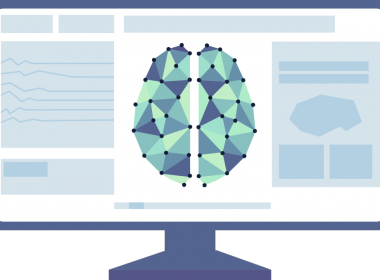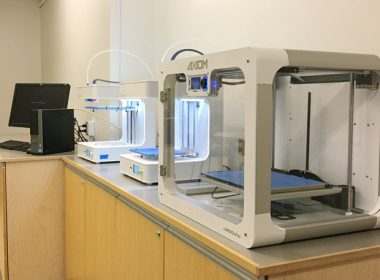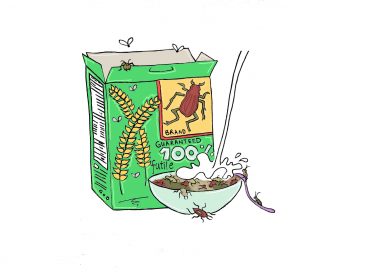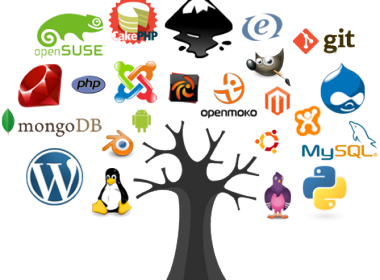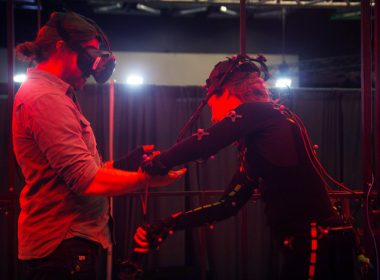"We've become quite good at collecting data to take the brain apart into individual pieces [….] The difficulty we have is how to pull it back together," said Dr. Anthony Randal McIntosh, University of Toronto Psychology Professor and Director of the Baycrest Centre’s Rotman Research Institute. On Jan. 10, Dr.[Read More…]
Science & Technology
The latest in science and technology.
In search of a sustainable, nutritious diet
What is the perfect human diet in terms of nutrition and environmental impact? According to McGill’s School of Dietetics and Human Nutrition Professor Dr. Timothy Johns, finding the right balance is the key. Johns, an ethnobotanist and nutritionist, said that humans are omnivores by nature. “We’re adaptable, but it’s not[Read More…]
McGill offers 3-D printing service to students
On Jan. 11, the McLennan Library held this year’s first “Introduction to 3-D Printing” workshop. The workshop taught procedures necessary for students to get access to the library’s newly acquired 3-D printers under the Research Commons initiative launched in September 2016. 3-D printing, sometimes known as additive manufacturing, involves printing[Read More…]
The science behind keeping New Year’s resolutions
Each New Year comes with countless resolutions from people hoping to better themselves in the coming 12 months; however, most of these resolutions are abandoned shortly after they are made. According to a 2013 survey by time management training company FranklinCovey, only 23 per cent of people who make New[Read More…]
McGill entrepreneurs want you to eat bugs for breakfast
“The test was simple,” former McGill MBA student Mohammed Ashour wrote in an email to The McGill Tribune. “Would you be willing to drop out of school to pursue this idea, even if you lost the Hult Prize?” In 2013, Ashour and his classmates Gabe Mott, Shobhita Soor, Jesse Pearlstein,[Read More…]
The case for open source software
“Free software is a matter of liberty, not price. To understand the concept you should think of ‘free’ as in ‘free speech,’ not as in ‘free beer,’” leading software freedom activist Richard M. Stallman explained via the Free Software Foundation. Open source software is computer software published under a copyright[Read More…]
Stories for Humanities launches new magazine issue on Quebec health care
Health is the backbone that supports all work and activities. The importance of health is even greater under a demanding student life that easily becomes taxing to the mind and body. Stories for Humanities (SFH)—an international participatory media organization—focused on health for their latest magazine issue. On Nov. 25, an[Read More…]
Médecins Sans Frontières: Transcending the bounds of international medical care
“It is important that at one point you draw a line,” Dr. Joanne Liu, McGill alumna and international president of Médecins Sans Frontières (MSF), said at McGill’s Global Health Night on Nov. 1. “You will have to draw your own line as you go around this kind of world and[Read More…]
Blurring the lines of reality at the Montreal International Game Summit
Every year, thousands of gaming conventions are held around the world to discuss what the future holds. Demonstrators, presenters, and indie developers show up to sell their wares and talk about the “next big thing.” At this year’s Montreal International Game Summit (MIGS), held Nov. 13 to 15 at the[Read More…]
McGill students and faculty push for vaccine education
“Prevention against morbidity and mortality by vaccination is one of the biggest medical successes in humanity. Never forget that fact. Get vaccinated,” Dr. Jörg Fritz, assistant professor in McGill’s Department of Microbiology and Immunology, told the audience at the first night of the three-part seminar series entitled “Let’s Talk About[Read More…]
